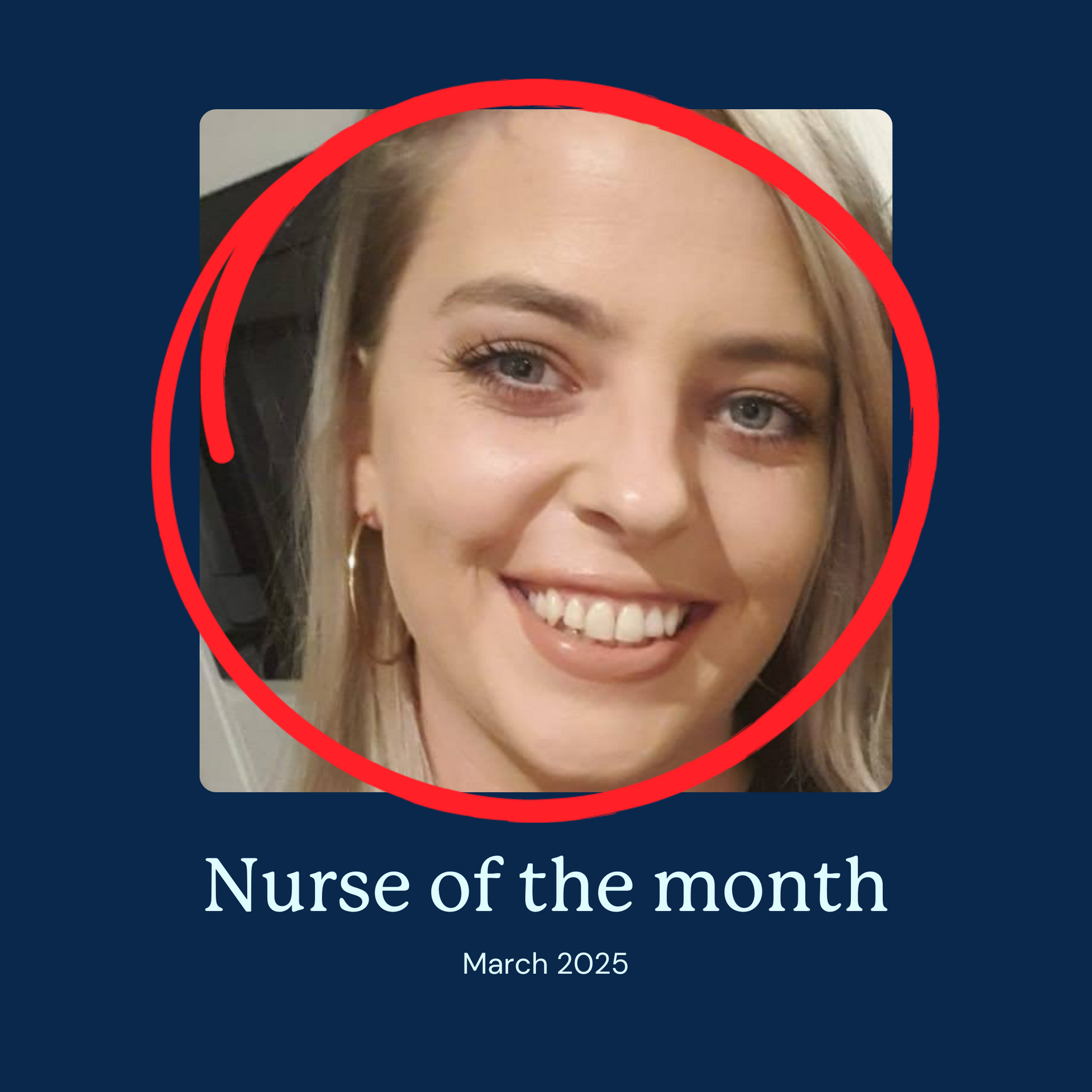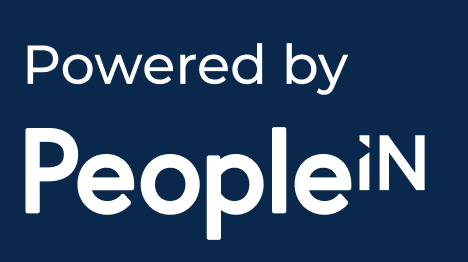
Healthcare is an incredible industry to work in. There are so many opportunities, amazing people to work with, and so much good to do. Because of all these positives, remaining focused on your professional development is important to make the most of your career.
To help you get the best out of your healthcare career, we’ve put together our top 7 tips for healthcare success.
1. Make a plan
To find success you must have a plan! This should always be the first step taken in setting up your career. So, what should you include in your plan? It’s all about what you want to achieve.
Think about some goals. Look to your future and where you want to be. Put together the steps you need to take, and the skills you need to develop to get there. The trick to making your plan effective is to include SMART Goals. That means specific, measurable, achievable, relevant, and time-bound goals. Your SMART Goals will help you keep on track as you progress in your career.
2. Surround yourself with the right people
The right people make all the difference. By surrounding yourself with people who have similar goals and aspirations you’ll find the support and motivation you need to keep pushing ahead. You’ll also be able to utilise this network for advice, to find job openings, and for help around upskilling.
The best way to find like-minded people is through networking events or by joining professional organisations. Have a look online or ask around for events happening near you. While they may seem intimidating at first, once you’ve gotten to know a few people they will be fun and great for your career!
3. Pursue your passions
The best way to advance your career, and have a blast doing it, is by pursuing something that you’re passionate about. Following your passion will keep you motivated and provide positive experiences regardless of the challenges you face.
To find the fields or specialisations you’re passionate about, consider your past experiences. What have you enjoyed most while working? What is something that first excited you about healthcare? Once you’ve got an idea consider doing agency work in these fields to try them out.
4. Be open to change
Healthcare is filled with change. There are new technologies, procedures, discoveries, and information coming in constantly. To work in healthcare, you need to be prepared for, and open to, change. You’ll be required to constantly learn and evolve your skills in order to keep up.
Sometimes unexpected career opportunities may open up. Exciting developments are occurring in healthcare, creating fresh job opportunities and innovative approaches to working within the field. When an opportunity that interests you arises, give it a go, even if it wasn’t part of your plan. Trying things out may allow you to find whole new passions.
5. Dress for success
What you wear is important for progressing your career, even these days. As they say, dress for the job you want, not the job that you have. Your clothing can reflect your level of professionalism and competence. It can also give you confidence, allowing you to step up to be who you want to be when meeting with others in your industry.
Scrubs will always be a staple in healthcare and have their time and place. But when it comes to networking events, interviews, or meetings, it’s important to dress the part. You don’t need to break the bank. Simply wear well-fitting, clean, and pressed clothing to convey that you’re put together and take your career seriously.
6. Continue your education
A key component to a long and successful career in healthcare is to never stop learning. As we’ve said earlier, it’s an industry which is constantly evolving, so staying on top of everything requires a love of learning.
Pursue new training opportunities where you can. Learn about new technologies, theories, or procedures. Look to professional organisations, your employer, or third-party learning companies for more ongoing educational opportunities. Growing your skills will grow your career opportunities, helping you reach your goals.
7. Start now
When’s the best time to start working on your career? Right now! Starting right now allows you to keep up your motivation, and maintain your momentum. Waiting could leave you procrastinating, and missing opportunities.
Get started with a plan as soon as you can. From there, you’ll be free to focus on education and upskilling, which will be guided by your plan. Start now and you’ll change your career for the better, forever!
Conclusion
Working in healthcare is an incredible experience. There are so many wonderful moments, opportunities, and people to meet. It’s an unforgettable career path. To make the most of it, you need to put together a plan, surround yourself with the right people, and get on with pursuing your passions. Start trying out these tips and see how they shape your career.
For a change in your career check out agency nursing by
getting in touch with us!
More articles







